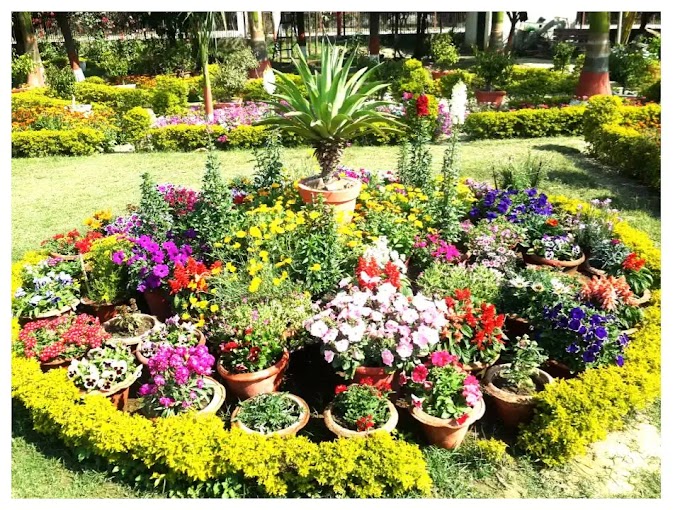Types of Vinegar
V(caps)inegars are normally named after the raw materials used in its preparation and their trade names vary from country to country in the world. The white distilled vinegar, cider vinegar, wine vinegar, rice vinegar, and malt vinegar are the common types of vinegar. The different types of vinegars can be classified in two major groups:
Table of Content (toc)
Brewed or natural vinegars
Brewed vinegars are made by biological processes in which alcoholic and subsequent acetic fermentation occur by yeasts and acetic acid bacteria, respectively. The brewed vinegars are further classified into following types:
Fruit vinegar
Vinegar prepared from the fruits such as Grapes, apples, Orange, Jamun, Peach, Pear, Pine Apple, quince, blackcurrant, raspberries, persimmon etc. in Europe, China, South Korea and India. The colour and flavour of the vinegars vary according to fruits.
Potato vinegar
The vinegar is prepared from the potato starch.
Molasses vinegar
It is prepared from molasses, a by-product of sugar manufacturing industries.
Honey vinegar
It is made from honey in Italy, France and Spain. Usually low grade honey is used for the preparation of honey vinegar.
Balsamic vinegar
It is prepared from the Trebbiano variety of white grapes and aged in wood barrels. Balsamic vinegars are traditionally prepared in Italy and may take many years in its ageing. The must is cooked to a higher sugar concentration of about 30% before fermentation. It is brown in colour and aromatic with sweet-sour flavour.
Cane vinegar
It is made from sugarcane juice and popular in the Philippines. It is dark yellow to golden brown in colour and free from residual sugars. It is called Sinamak in the Philippines when spices are mixed with it.
Champagne vinegar
This type of vinegar is made from champagne wine and is free from bubbles.
Cider vinegar
Cider vinegar is made from apple cider, a type of wine exclusively made from apple fruits. It is acidic, astringent in flavour and yellowish gold in colour.
Coconut vinegar
It is made from coconut water and low in acidity with a musty flavour and cloudy white in appearance.
Distilled vinegar
It is made from the acetic acid fermentation of distilled or synthetic ethanol. It is known as distilled spirit in the UK where distilled ethanol obtained from fermented mashes is used in the preparation whereas it is called distilled vinegar in the USA where petroleum ethanol is used in the preparation. It is usually colourless and lacking aroma.
Malt vinegar
Malt vinegar is prepared from fermented barley and grain mash, and flavoured with beech or birch woods. It is light brown to straw colour.
Rice wine vinegar
It is prepared from rice and of three types red, white and black in colour. The rice wine vinegar has been made by the Chinese for over 5,000 years. It is popular in China and Japan.
Sherry vinegar
It is made from sherry wine and aged in wooden barrels under the full sun. It is aromatic and dark in colour.
Wine vinegar
Vinegar is made from white or red wine and is a common vinegar of Mediterranean countries and Central Europe. The slow oxidation of wines to vinegar leads to development of excellent organoleptic quality due to formation of substances like acetaldehyde and ethyl acetate.
Beer vinegar
Beer vinegar is made in the UK, Germany, Austria and Netherlands from beer. It is light golden in colour and malty in taste.
Date vinegar
The date fruits are used in its making in the Middle East Countries.
Chinese vinegar
The vinegars made from rice, wheat, millets and sorghum in China and may contain added sugar, spices and herbs are known as Chinese vinegar. It is inky black in colour with a malty flavour. The ‘Shanxi’ and ‘Zhenjiang’ are the famous Chinese traditional vinegars.
Palm vinegar
Palm vinegar is made from flower clusters sap of nipa palm in the Philippines.
Raisin vinegar
It is made from raisin grapes in the Middle East Countries. It is light brown and cloudy in appearance with a mild flavour.
Non-brewed or synthetic vinegars
Non-brewed vinegars are prepared by diluting synthetic acetic acid or glacial acetic acid to 4 per cent and are often coloured with caramel.






